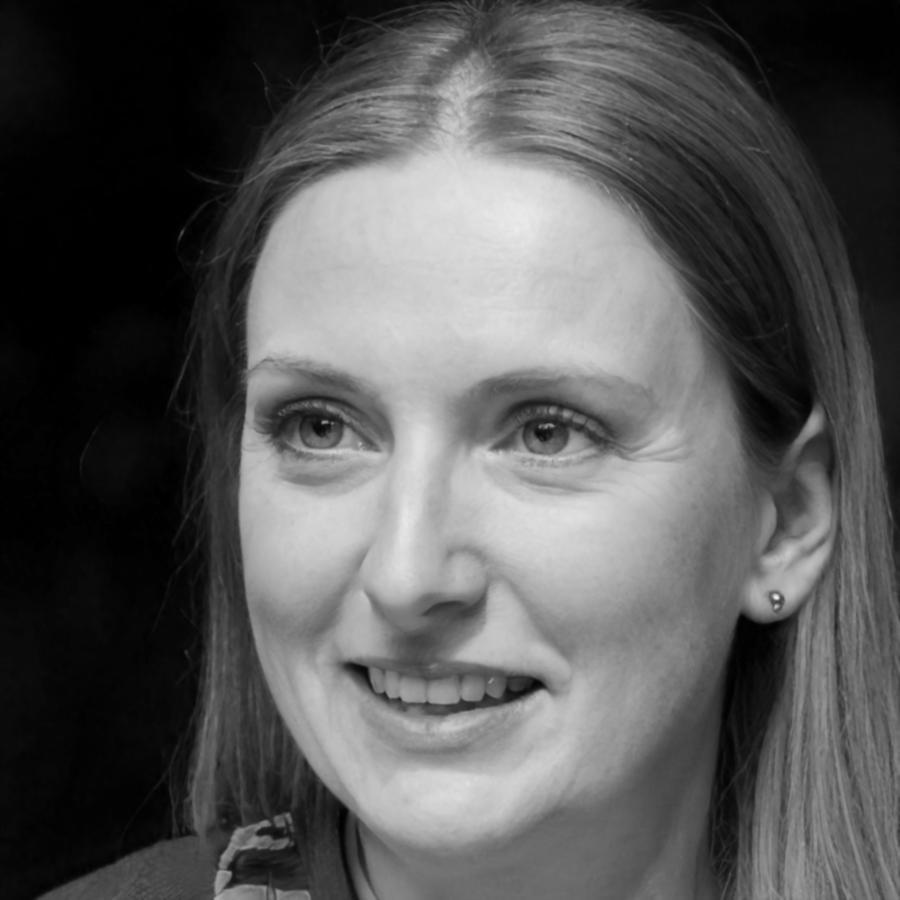Master the Art of Startup Fundraising
Running a startup means wearing multiple hats. But when it comes to raising capital, you need more than enthusiasm—you need structure, confidence, and a framework that actually works in today's market.
Our learning program grew from real conversations with founders who felt lost in the fundraising maze. We've distilled years of practical experience into sessions that cut through theory and focus on what you'll actually use.
October 2025 Intake
Next cohort begins mid-October 2025 in Dubbo. Sessions run Tuesday and Thursday evenings over eight weeks, designed for founders still running their businesses during the day.
Limited to twelve participants so everyone gets proper attention and feedback on their specific fundraising challenges.
Built Around Your Reality
Most fundraising courses assume you have weeks to prepare. We know you're building a product, managing a team, and trying to keep customers happy. That's why our program fits into real founder schedules without demanding you drop everything else.
Ask About Upcoming SessionsLearn From People Who've Been There

Callum Thorpe
Seed Round Strategy
Callum spent six years as a venture partner before switching sides to help founders. He's seen hundreds of pitches and knows exactly what makes investors lean forward or check their phones.

Imogen Blackwood
Financial Modeling
Imogen builds the spreadsheets that convince investors your numbers make sense. She's worked with startups across health tech, SaaS, and marketplace models—and she'll tell you when your projections seem dodgy.

Petra Lindgren
Pitch Development
Petra coaches founders on how to talk about their business without jargon or fluff. She's blunt about what works and what doesn't—which founders appreciate once they get over the initial shock.
What You'll Actually Learn
Building Your Fundraising Foundation
Most founders skip this part and jump straight to investor meetings. Then they wonder why conversations feel scattered.
We start with the unglamorous stuff: understanding different funding sources, calculating how much you really need, and mapping your timeline. This isn't exciting, but it prevents expensive mistakes later.
- Determining realistic fundraising targets based on your burn rate and growth plans
- Deciding between angels, VCs, grants, and alternative funding models
- Creating a target list that doesn't waste your time with wrong-fit investors

Pitch Development That Sounds Like You
Nobody wants to sound like every other founder using the same buzzwords. Yet most pitch decks could be swapped between companies with minimal editing.
We help you find what's genuinely different about your approach—and how to explain it without sounding like a marketing brochure. You'll practice your pitch in front of the group and get feedback that's specific enough to be useful.
- Structuring your story so investors remember you after seeing ten pitches that day
- Handling the tricky questions about competition and market size honestly
- Adjusting your pitch based on who's in the room and what they care about

Practice Before It Counts
The program includes mock pitch sessions where you'll present to local investors and experienced founders. It's uncomfortable but way better than learning these lessons when real money is on the table.
Financial Prep Sessions
Work through your financial model with Imogen. She'll spot the assumptions that need more support and help you prepare for due diligence questions you haven't considered yet.
Due Diligence Readiness
Getting a term sheet is exciting until you realize you need to produce months of documentation in a few weeks. We'll help you organize materials before investors ask for them.
Negotiation Fundamentals
Understanding term sheets means knowing what's standard and what should make you pause. We cover the key terms that affect your business beyond just valuation and dilution.
Investor Relationship Management
Raising money is the beginning of a relationship, not the end. Learn how to update investors, ask for help effectively, and maintain connections even when things aren't going perfectly.